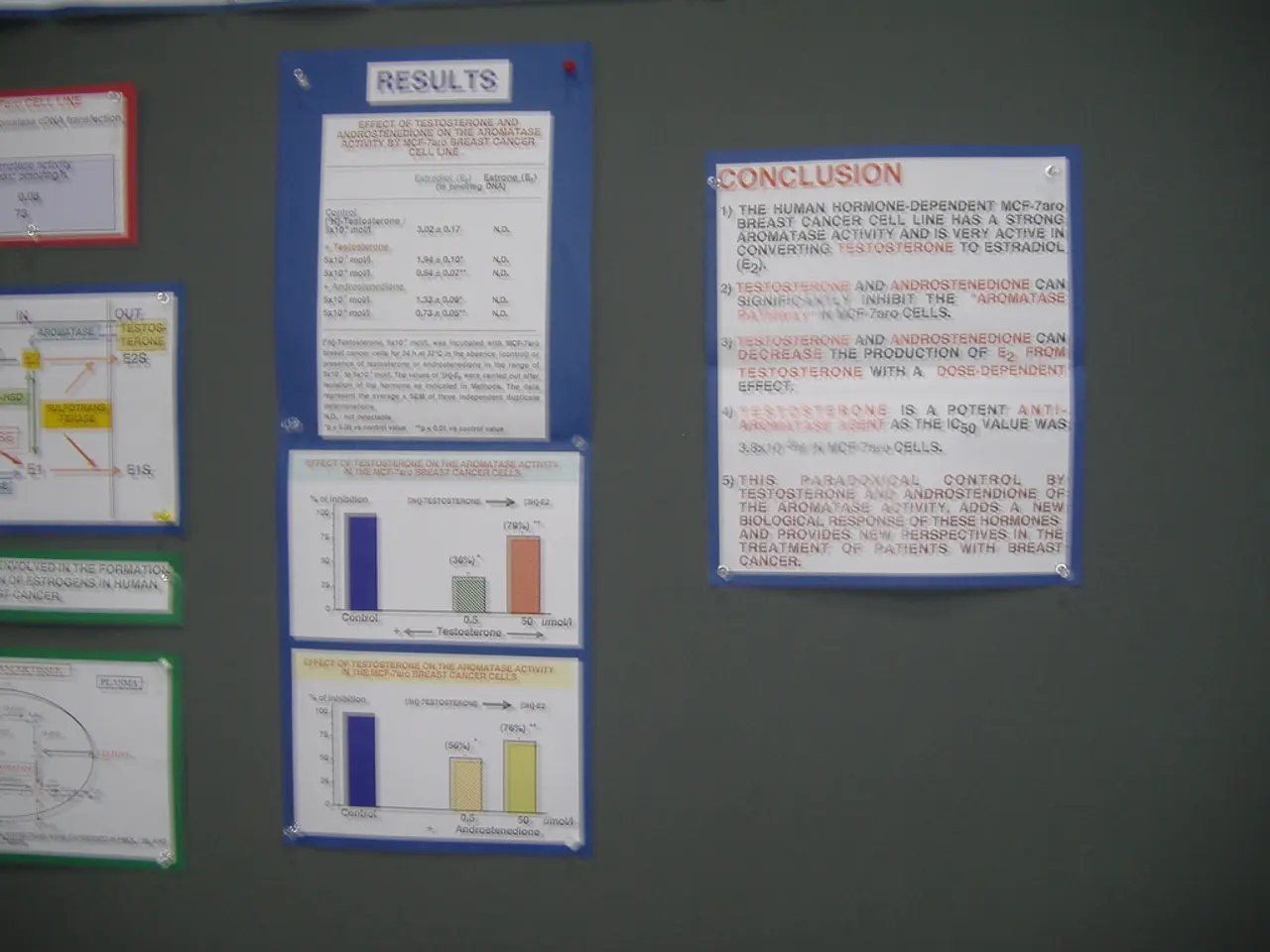Strategies for Assessing Executive Function at Home, School, and Workplace: A Comprehensive Guide
In the realm of distance learning and virtual home-schooling, helping students with task initiation issues becomes crucial for maintaining a productive learning environment. These students may struggle with starting tasks promptly, requiring multiple reminders, and exhibiting behaviours such as procrastination, frequent help-seeking, and engaging in problem behaviour to escape or avoid tasks [1-3].
To better support these learners, evidence-based strategies focus on improving motivation, structure, and executive functioning skills. One such strategy is providing structured learning plans and reminders. By establishing consistent routines through regular reminders and clearly defined schedules, educators and caregivers can help create predictable frameworks for starting tasks, reducing overwhelm and helping students see manageable steps ahead [1].
Another essential aspect is using motivational messaging and feedback. Personalized encouragement messages emphasizing progress and importance can enhance motivation. Additionally, dashboards or visual feedback reflecting engagement patterns can foster self-reflection and self-regulation around time management and task initiation [1, 5].
Breaking larger assignments into smaller, achievable milestones with staggered deadlines is another effective approach. This method reduces procrastination and promotes gradual progress, making the initial step less daunting [1].
To incentivize starting tasks, gamification and positive reinforcement can be employed. Rewards such as points, badges, or certificates for consistent engagement can motivate learners. Public acknowledgment or peer mentorship opportunities can also encourage commitment and accountability among students [1].
Individualized time suggestions, based on each learner’s historical activity, can also ease task initiation by leveraging their natural peak engagement periods. Teaching executive function strategies, including goal-setting, metacognition, and task initiation processes, builds foundational skills that empower students to start tasks independently and manage distractions effectively [5].
For students with executive functioning difficulties linked to neurological patterns (such as ADHD), neurofeedback can help retrain brain activity to support focus and task initiation, providing longer-term benefits beyond pharmacological interventions [4].
In virtual home-schooling contexts where disengagement may manifest as inactivity or erratic patterns, combining these approaches tailors support to individual needs and reduces barriers to getting started on learning tasks.
A summary table of interventions is provided below:
| Challenge Type | Recommended Supports | |----------------------|--------------------------------------------------------| | Difficulty starting | Structured plans, motivational messages, milestone deadlines, executive function coaching | | Erratic engagement | Consistent routines, gamification, recognized achievement | | Inactivity/avoidance | Personalized reminders, flexible deadlines, progress visualization | | Neurocognitive issues| Neurofeedback, targeted therapies |
By integrating these research-backed strategies, educators and caregivers can create an environment conducive to initiating and sustaining learning activities in remote educational settings [1, 3, 4, 5]. If the current care coordination team does not have an executive functioning expert on board, seeking a professional evaluation may be necessary. Examining motivation is essential when evaluating task initiation at the individual level.
- Incorporating goal-setting and time management skills into structured learning plans can empower students to tackle tasks more effectively, reducing instances of procrastination and promoting productive learning environments.
- Life skills training that emphasizes personal growth, education, and self-development, along with career development, can equip students with the skills necessary to initiate and sustain learning tasks independently.
- To further enhance motivation, teaching strategies that emphasize progress and the importance of each task can foster a positive learning attitude and encourage students to start tasks on time.
- Science has shown that gamification and positive reinforcement can motivate students to initiate tasks by offering rewards and incentives for consistent engagement and commitment.
- Health-and-wellness, fitness-and-exercise, and mental-health are increasingly important considerations in distance learning, as maintaining these areas can help students' overall focus and task initiation.
- For students with neurological conditions such as ADHD that impact task initiation, neurofeedback and targeted therapies may provide long-term benefits in managing focus and executive function difficulties.







